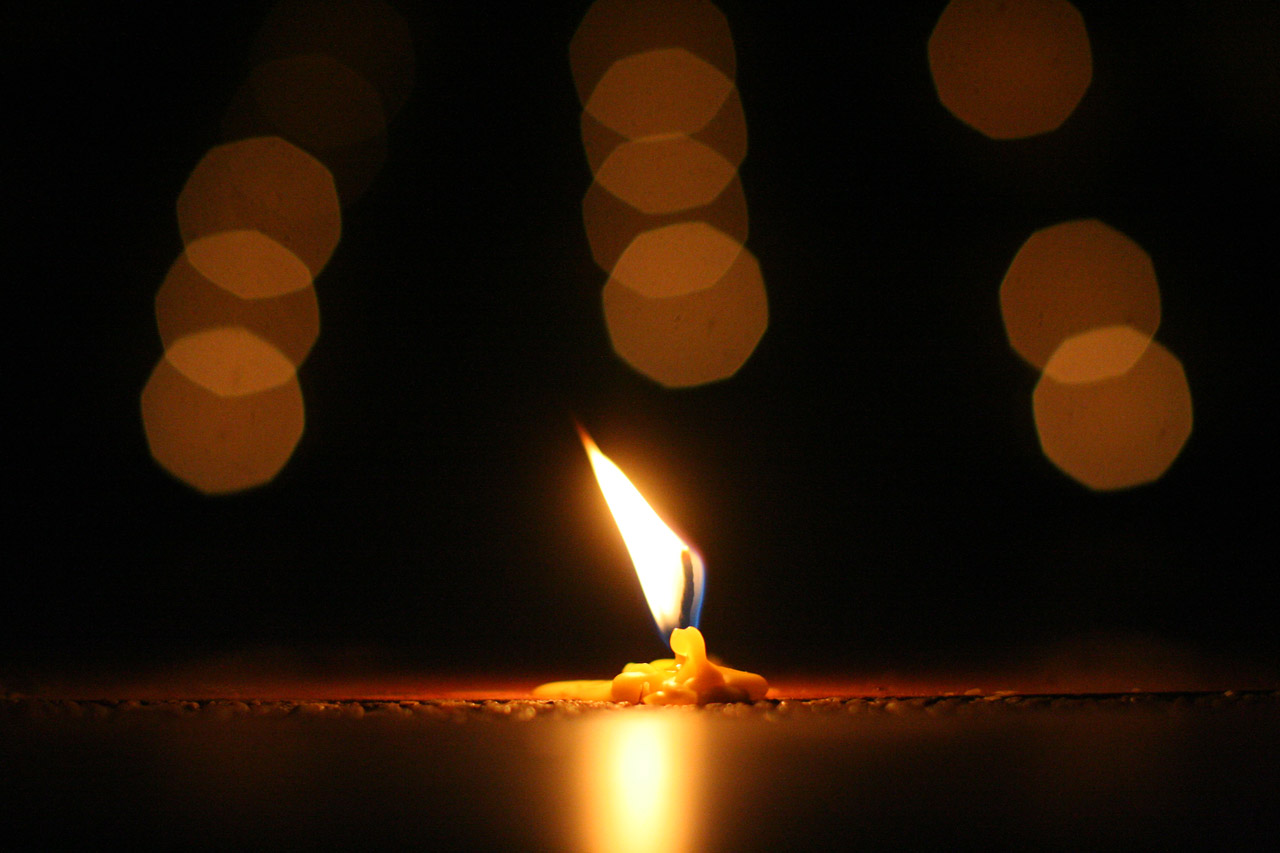Baha’u’llah, the founder of the Baha’i Faith, is often regarded as a luminous figure, whose life and teachings serve as a beacon of hope and guidance for millions around the world. One of the most profound aspects of Baha’u’llah’s life was his imprisonment, which, paradoxically, acted as a source of illumination for both himself and his followers. This article delves into the intricate tapestry of Baha’u’llah’s imprisonment, revealing how this harrowing experience became a crucible for spiritual revelation and an extraordinary metaphor for the human condition.
Imprisonment, at first glance, seems an unlikely setting for enlightenment. However, Baha’u’llah’s tenure in the bleak confines of prison was transformed into a fertile ground for the blossoming of divine wisdom. Using the metaphor of a lamp, one can envision Baha’u’llah as a flame trapped within a glass vessel. While the confinement may obscure some of the light, it also concentrates and amplifies its radiance. In this metaphor, the experience of imprisonment allowed Baha’u’llah to distill profound truths about the nature of reality, humanity, and divinity.
During his years of exile and imprisonment, Baha’u’llah penned numerous writings that convey his spiritual insights. These texts, replete with themes of justice, unity, and the intrinsic dignity of every human being, resonate with universal truths. His ability to articulate such profound ideals, even while enveloped in the shadows of oppression, serves as a testament to his resilience and spiritual fortitude. In the most challenging of circumstances, Baha’u’llah discovered an inner light that illuminated the path for others to follow.
One of the fundamental teachings that emerged from Baha’u’llah’s imprisonment is the concept of the oneness of humanity. This principle insists that all individuals, regardless of ethnicity, religion, or background, are interconnected threads woven into the fabric of humanity. Baha’u’llah’s own experiences of persecution and isolation offered him unique insights into the sufferings of others, allowing him to advocate fervently for justice and equality. His incarceration thus served as a crucible for understanding the human condition, which in turn fueled his advocacy for the upliftment of all.
Another critical aspect of Baha’u’llah’s teachings relates to the transformative power of adversity. His imprisonment can be likened to the process of refining gold; the heat of adversity burns away impurities, ultimately revealing a pure and resplendent essence. Baha’u’llah’s trials were not merely personal afflictions; rather, they were emblematic of the universal trials faced by humanity. This understanding of hardship as a precursor to spiritual elevation resonates deeply within the Baha’i community. By facing challenges with grace and fortitude, individuals can extract meaning from life’s tribulations.
In exploring the metaphor of light further, one cannot overlook the importance of illumination in Baha’u’llah’s teachings. His revelation of divine principles occupies an essential role in the pursuit of knowledge and enlightenment. He likened the human soul to a mirror that reflects divine qualities, but emphasized that the mirror must be polished and prepared to receive that light. Through his own experiences, Baha’u’llah exemplified the necessity of spiritual preparation, particularly in times of despair. His writings provide guidance on how to cultivate an inner landscape that can absorb the radiant light of truth, thereby enhancing one’s spiritual journey.
Additionally, Baha’u’llah’s works emphasize the need for humility as a means of spiritual nourishment. The act of surrendering one’s ego fosters a connection to higher spiritual truths. His own demeanor during imprisonment—demonstrating grace, calm, and dignity—serves as an illustrative lesson. The lessons of humility and surrender are vital ingredients for spiritual illumination. By modeling these virtues, Baha’u’llah advanced the notion that true strength lies in vulnerability and openness to divine guidance.
Ultimately, Baha’u’llah’s imprisonment embodies a paradox of despair yielding illumination. It serves as a poignant reminder of the potential for light to emerge from the deepest darkness. Through his personal trials, Baha’u’llah emerged as a universal prophet, gifting humanity with principles that inspire a collective journey toward peace, harmony, and understanding. His teachings advocate for the potentiality of transformation in adversity, urging believers to rise above personal grievances to contribute positively to the world.
In conclusion, the story of Baha’u’llah and his imprisonment illustrates a profound spiritual journey that transcends individual hardship. By redefining the narrative of suffering into one of illumination, he encourages the human spirit to persevere in the face of adversity. His legacy serves as a guiding light, reflecting the profound wisdom that can emerge from the darkest of circumstances. As followers of Baha’u’llah continue to walk the path illuminated by his teachings, they embody the transformative power of faith, standing as testaments to the truth that within every shadow lies the potential for a glorious light.
